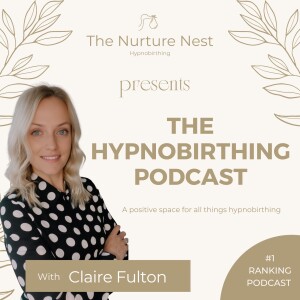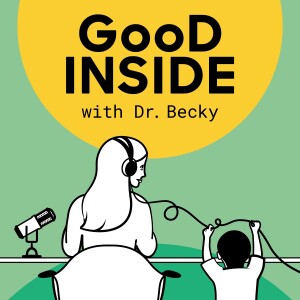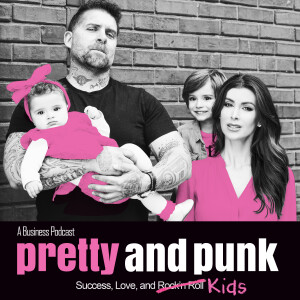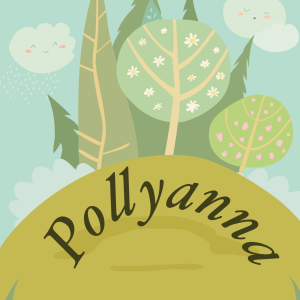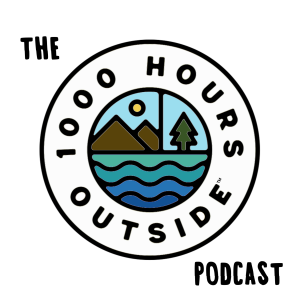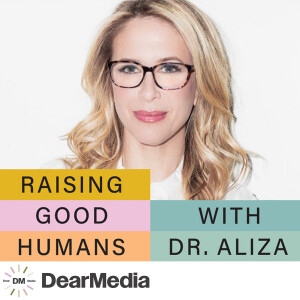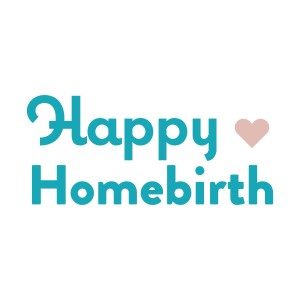

Have you ever been on a drive and say 15 minutes in you think to yourself, “Woah, how did I get here? You realize you’ve lost your way and you need to turn it around and go back to the start.
In this week’s episode, we’ll be taking a look at the past, the history of midwifery and women’s care as it pertains specifically to the United States, and delving into some of the reasons that compared to many other westernized countries, women and babies in the US have abysmal outcomes. We’ll be sharing just how lost we’ve become when it comes to maternity care, and how we should really turn this car around.
Janelle Alier is a Certified nurse midwife local to me, and one of the coolest women around. As she’ll explain momentarily, she’s worked with moms and babies in a number of capacities, and she recently opened her own homebirth practice, Paris Mountain Midwifery.
Show Notes:
Anciently (ex. Ancient Greece), women were held in high regard and valued as healers. When the mindset began to change, in a way this was the beginning of the end. This change corresponded more with religious and theological changes, not the dawn of medicine.
Protestants burning “witches”—women healers
Much of the knowledge gained over time began was lost with these women
Colonial America- childbirth attendants were women/midwives/family matriarchs
1800s- medical schools are popping up. Physicians were around, but not trying to be involved at all
19th century—we could charge a fee! Began being interested in birth. Obstetrics
Midwifery predates medicine: Rachel’s midwife is mentioned in Genesis
Varney’s Midwifery includes transcripts from Doctors meetings talking about the “midwife problem”
One doctor said the answer was to “educate the ignorants”. This started a campaign to portray midwives as dirty and uneducated.
Laws began to change—it became illegal for midwives to practice the way they had. They now had to obtain licensure by the state, which was almost impossible to do.
What’s happening to birth at this time? Physicians recognize that the midwives are more skilled and have better outcomes, but they did not try to work with or learn from the midwives.
Obstetrics in its infancy—it’s not going great! Many deaths in the early years are now attributed to anesthesia
They were giving morphine and narcotics, which we now know doesn’t lessen the pain, it just makes you care less… and forget.
Culturally there was not a lot of accountability. Family members were told that the women didn’t survive because “birth is dangerous.”
Late 50’s, early 60’s- nearly all birth occurred in the hospital
In the late 60’s and 70’s, there was a small subset of the population who revived the natural childbirth movement, but by that point, the medical model was so mainstream that this movement was considered radical
80’s and 90’s- c section rates soared
In the last few years, we’ve realized we’ve lost our way. The profession of midwifery is becoming more organized, though there’s not tons of money for research, scholarships etc. as there are for medical students.
In South Carolina, Black Grand Midwives were the women delivering babies and taking care of the communities.
What do we do?
More midwives, more midwives of color, better integration of midwives and the hospital setting (if a mother needs to transport to the hospital, that should be easy).
In other areas of the Westernized world (Europe, Scandanavia, the UK, Australia, New Zealand etc.) midwifery wasn’t wiped out the same way it was in the United States. And their outcomes are much better than ours.
In the UK—there are 5-6 times more midwives than OBs. Everyone starts with a midwife, and if you need a physician, you get referred by your midwife. The OBs manage higher risk care while midwives manage low risk birth.
In the US, only 10% of births are attended by midwives. In Alaska, it’s up to 30%, whereas in Arkansas, it’s more like 1-2%.
If you overlay a map of birth out comes by state and the integration of midwives… you see that where there are more midwives practicing, there are better birth outcomes.
In the US, we have 1% of planned homebirths in the home. Most American midwives work in the hospital. Globally, not only do they have more midwives, but they also have more options. You can have a midwife at home, or she can follow you into the hospital and continue care (this is not the case in the US).
Episode Roundup
- The first thing I want to emphasize is the idea of encouraging the little ladies in our lives to embrace their healing and intuitive natures. What a spiritual gift—And truly, the best way to encourage this is to embrace it ourselves.
- Isn’t it amazing how in a matter of just a few generations our country lost so much birth wisdom? I’m grateful for the resurgence of midwifery, but how heartbreaking to think of where we could be now if circumstances had played out differently. Perhaps our outcomes wouldn’t be so abysmal.
- And finally, looking towards the future, we have a chance to make things better. We have the ability to speak out about the inexcusable rates of maternal and infant mortality. We have the ability to inform other moms of their options, so that they’re willing to speak out, too. On a local level, this can be as small as sharing your birth choices and experiences with others. This is a perfect moment for me to give a huge thank you to all of the mothers who have so willingly shared their stories on this podcast. Thank you for inspiring other mothers and showing how
More Episodes
All Episodes>>You may also like
Create Your Podcast In Minutes
- Full-featured podcast site
- Unlimited storage and bandwidth
- Comprehensive podcast stats
- Distribute to Apple Podcasts, Spotify, and more
- Make money with your podcast
